Sunderland mother-of-22 collected waste food - and worked for 35 pence a week - to keep her children going
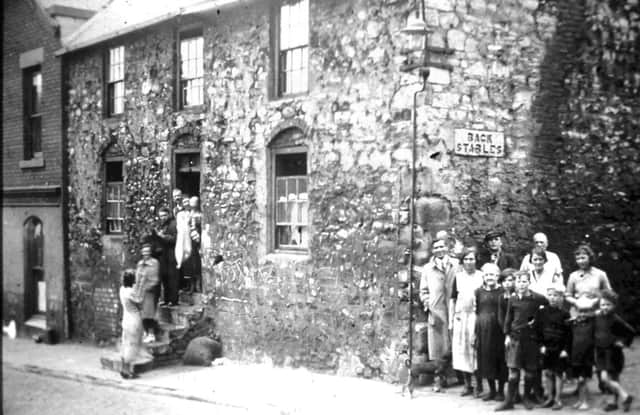

As a result it can easily be forgotten what a hard life many Wearsiders endured during the early years of the 20th century.
The following account from the Sunderland Antiquarian Society archives comes from Monkwearmouth-born Jessie Robertson, who paints quite a different picture of ‘the good old days’.
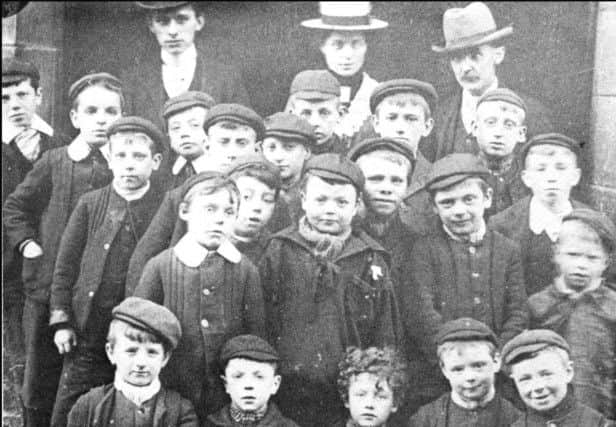

Advertisement
Hide AdAdvertisement
Hide AdI was born in 1907 in Back Stables down beside the Folly End in Monkwearmouth.
I was Josephine Wallace then. I went by ‘Jessie’ and I was one of 22 children. They did not all grow up, but there was still a lot of us at home. We all lived in two rooms with three other families in the building, one toilet in the yard and one tap.
I went to St Benet’s School. One of the sisters was Sister Mary Clements. Some of the teachers were Miss Brazil, Miss Barrington and Miss Carty.
A lot of my friends had no shoes. I had only one set of clothes so my mother would wash and dry them in the oven for school next day.
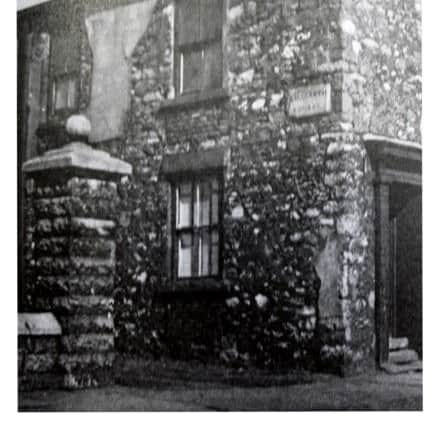

Advertisement
Hide AdAdvertisement
Hide AdMy mother worked at the Ropery in Roker Avenue for terrible long hours for seven shillings (35p) a week.
She would tell me of the girls who had to work in the rubbish pit sorting the bits of sisal from the dust and dirt that was there.
Some of the girls had to work under the machines, cleaning the dust and grease.
One of my mother’s friends, Mary Ann Maguire, had her arm pulled off by machinery while my mother was there. At the end of her working day, my mother would take people’s clothes to the wash house at the bottom of Church Street and poss them for three pence to help feed us.
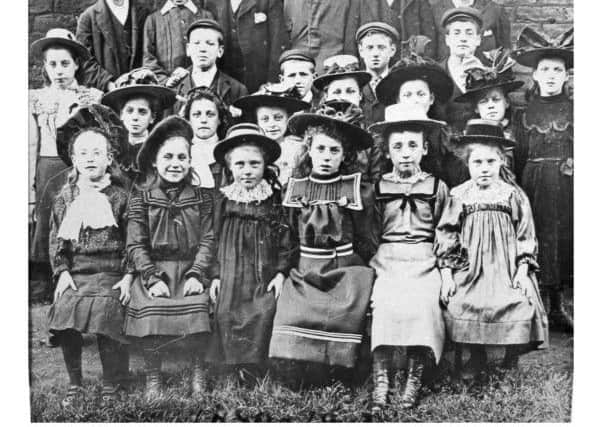

Advertisement
Hide AdAdvertisement
Hide AdMy mother would go down to the big houses on Roker front to see if food had been thrown out. She would collect it and bring it home for us. She would often send me down to Lumsdon’s the butchers or Alf Harrison’s to get a bag of bones to make soup for a few days.
I would shovel the miner’s ton of coal into the coal house through the hatch from the back street where it was tipped. In return, I was usually given a couple of pails of coal to help keep the fire on.
I remember pushing a pram full of tar blocks for the fire from Roker Avenue down to Hardwick Street when they tarred the street.
I knew every pawnshop in Monkwearmouth. Gowdy had a few and the one in Gladstone Street had cubicles where you could do pawning in private.
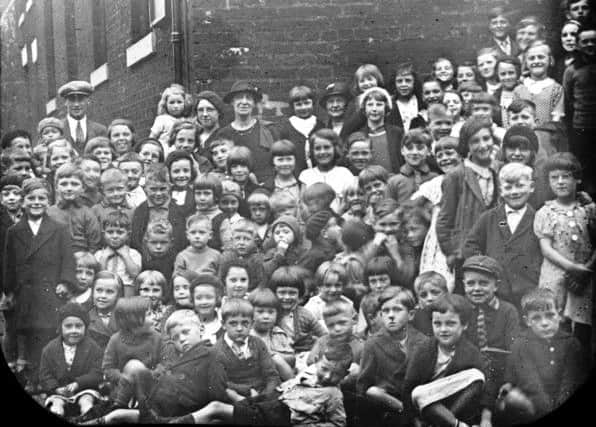

Advertisement
Hide AdAdvertisement
Hide AdOne of my uncles used to pawn his new cap every week for two bob (10p) and get it out again for the weekend.
My brother was a coppersmith and would make rings from a penny for the women who had pawned their wedding rings. He must have made hundreds. It’s surprising how many women wore copper rings made from a penny no one knew about.
When I was young we would watch them bringing the bodies from the river, put them on a barrow and wheel them to the Dead House. It was where St. Peter’s Vicarage is now.